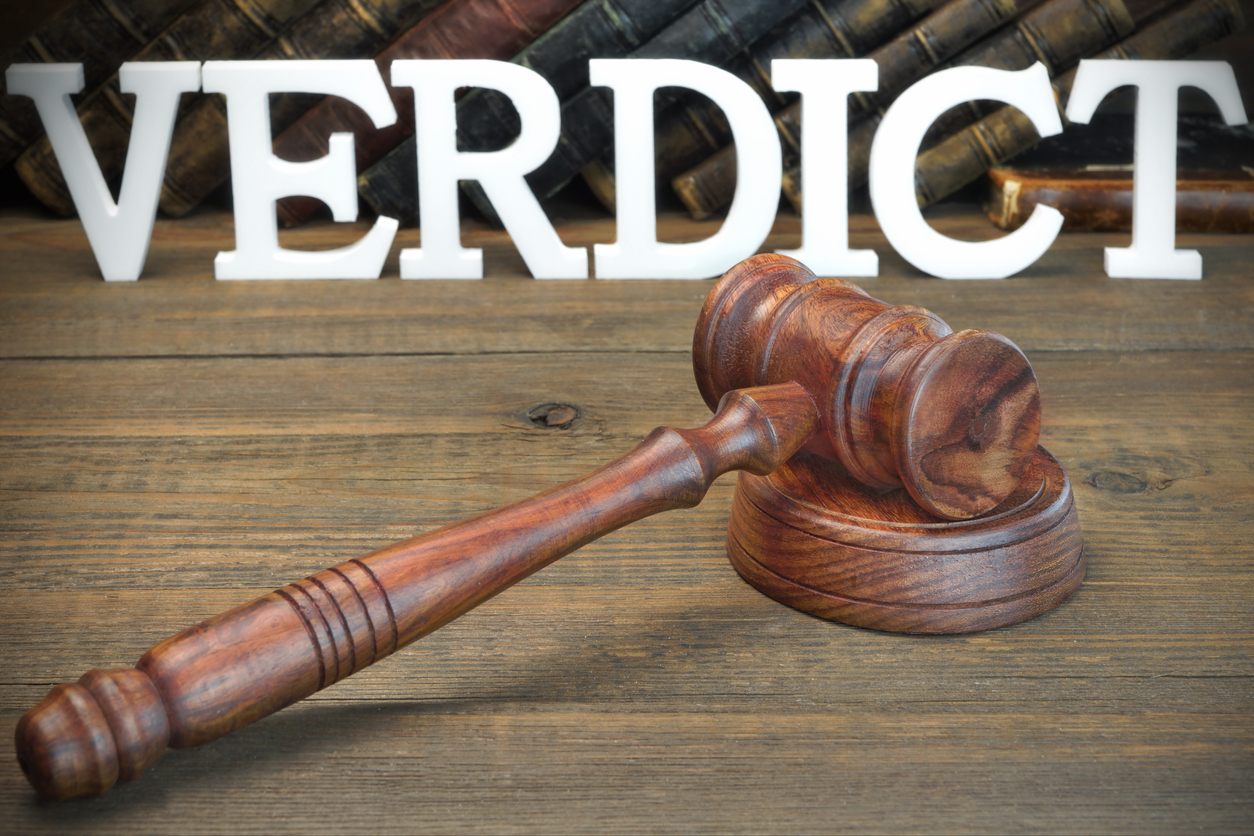As discussed in my prior posts on August 10, 2011, February 16, 2012, and August 16, 2012, Colorado law on calculation of C.R.S. § 10-3-1116 statutory penalties is slowly developing.
The Prompt Payment statutes, CRS §§ 10-3-1115 and 10-3-1116 (the “Statutes”), provide remedies to certain first-party insurance claimants, including recovery of two times the covered benefit, attorney fees, and court costs.
The Colorado Court of Appeals determines attorney fees and costs are a component of damages
Recently, in a matter of first impression, the Colorado Court of Appeals declared (in an unpublished opinion) that attorney fees and costs claimed by the policyholder for the insurance company’s unreasonable delay or denial of covered benefits constitutes a component of damages of the C.R.S. 10-3-1115, -1116 claim which must to be determined before a final judgment may be entered.1
This unpublished opinion appears to be the first time this specific penalty (attorney fees and costs) in the Prompt Payment Statues has been addressed. Regarding attorney fees and costs, the court specifically noted,
In our view, the plain meaning of the statutory language in section 10–3–1116(1) is that the components of damages for this statutory claim are both “reasonable attorney fees and court costs” and “two times the covered benefit.” In contrast, prevailing party attorney fee statutes like those noted above usually contain a separate subsection providing for such fees. Moreover, construing attorney fees and costs as a component of damages for this statutory claim is consistent with the statutory authorization to bring such an action expressed in these provisions, because such fees and costs are a “legitimate consequence” of bringing such an action to remedy an insurer’s unreasonable conduct. See Ferrell, 848 P.2d at 941; Double Oak, 97 P.3d at 150; see also Bell, 148 P.3d at 400–01.2
The Court’s decision turned on the “classification of attorney fees” as either costs or damages. The classification depends on context,
and turns on the nature of the requested attorney fees in a particular case. Attorney fees are clearly damages when they are part of the substance of a lawsuit, that is, when the fees sought are the “legitimate consequences” of the tort or breach of contract sued upon, “such as in an insurance bad faith case.” Id.; see Double Oak Constr., L.L.C. v. Cornerstone Dev. Int’l, L.L.C., 97 P.3d 140, 150 (Colo.App.2003) (attorney fees awarded as damages under sections 13–17–101 to –106, C.R.S.2012, and the obdurate behavior doctrine).3
Colorado’s Prompt Payment Statutes are now more than four years old. Cases brought pursuant to the Statutes continue to work their way through the courts, and courts’ interpretation and calculation of damages and penalties per the Statutes continue to evolve. The above decision is unpublished and holds no precedential weight. However, it may be persuasive given it addresses an issue of first impression.
1 Hall v. Am. Standard Ins. Co. of Wisconsin, No. 12CA068, 2012 WL 5450580, *3 (Colo. App. Nov. 8, 2012).
2 Hall at *3. Emphasis added.
3 Id. Emphasis added.



